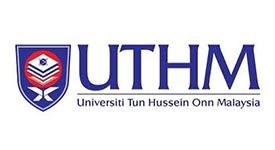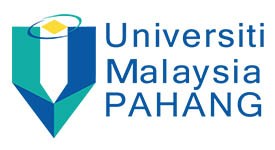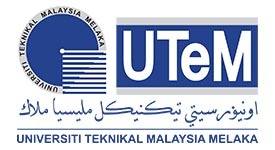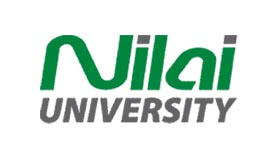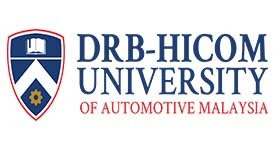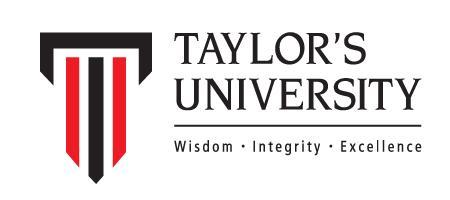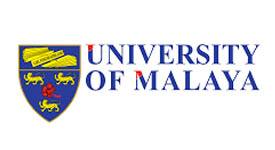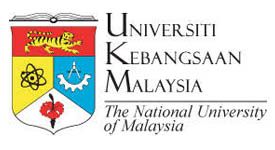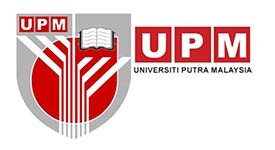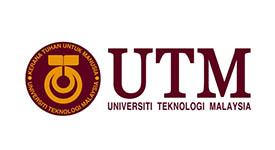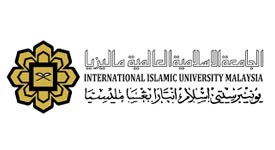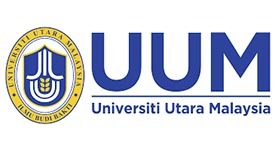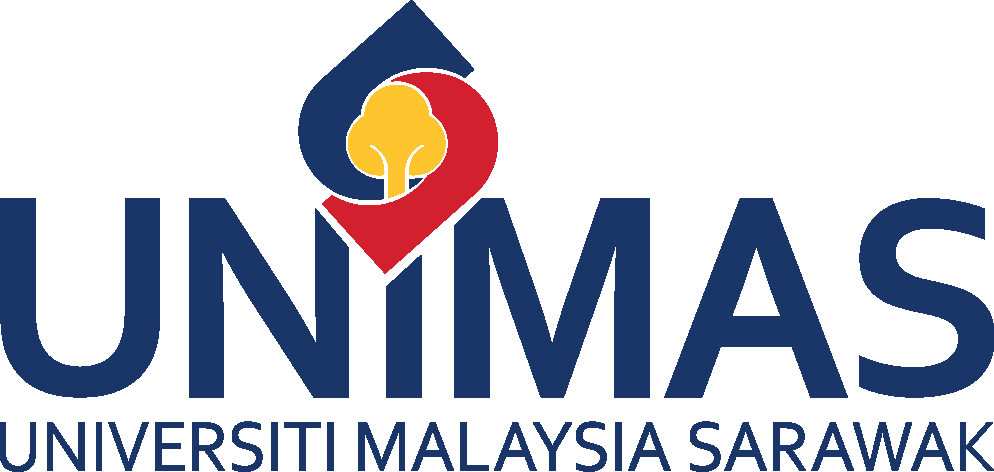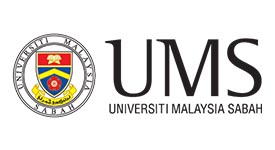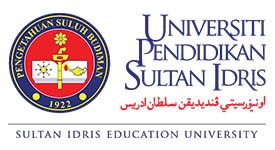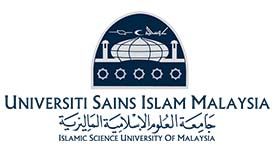- Home
- University
- Universiti Kuala Lumpur
- course
- Bachelor Of Mechanical Engineering Hons
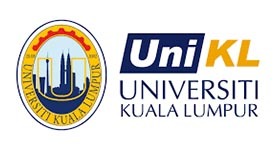
Universiti Kuala Lumpur
- Location: Jalan Sultan Ismail, 50250 Kua, Kuala Lumpur
-
-
Schooling:
-
View:
- Type: Private Institution
- Courses: 145
- QS World University Rankings:
- Times Higher Education World University Rankings: 1501
- Get Direction
Bachelor Of Mechanical Engineering Hons Fees Structure, Admission, Intake, Deadline
Study Mode:FULL TIME
Duration:4 years
Level:UNDER-GRADUATE
Exam
Accepted:N/A
Intake:JAN,SEPT
Tuition
Fees:N/A
Course Intake
Jan
Feb
Mar
Apr
May
Jun
Jul
Aug
Sep
Oct
Nov
Dec
Universiti Kuala Lumpur Popular Courses
Top Streams:
Malaysia Popular Courses
Top Streams:
Top Courses to Study in Malaysia
Top Streams:
International Islamic University of Malaysia
Gombak Road, 53100 GombakSel,, Selangor
University of Islamic Sciences Malaysia
New Town, 71800 Value, State o, Negeri Sembilan


